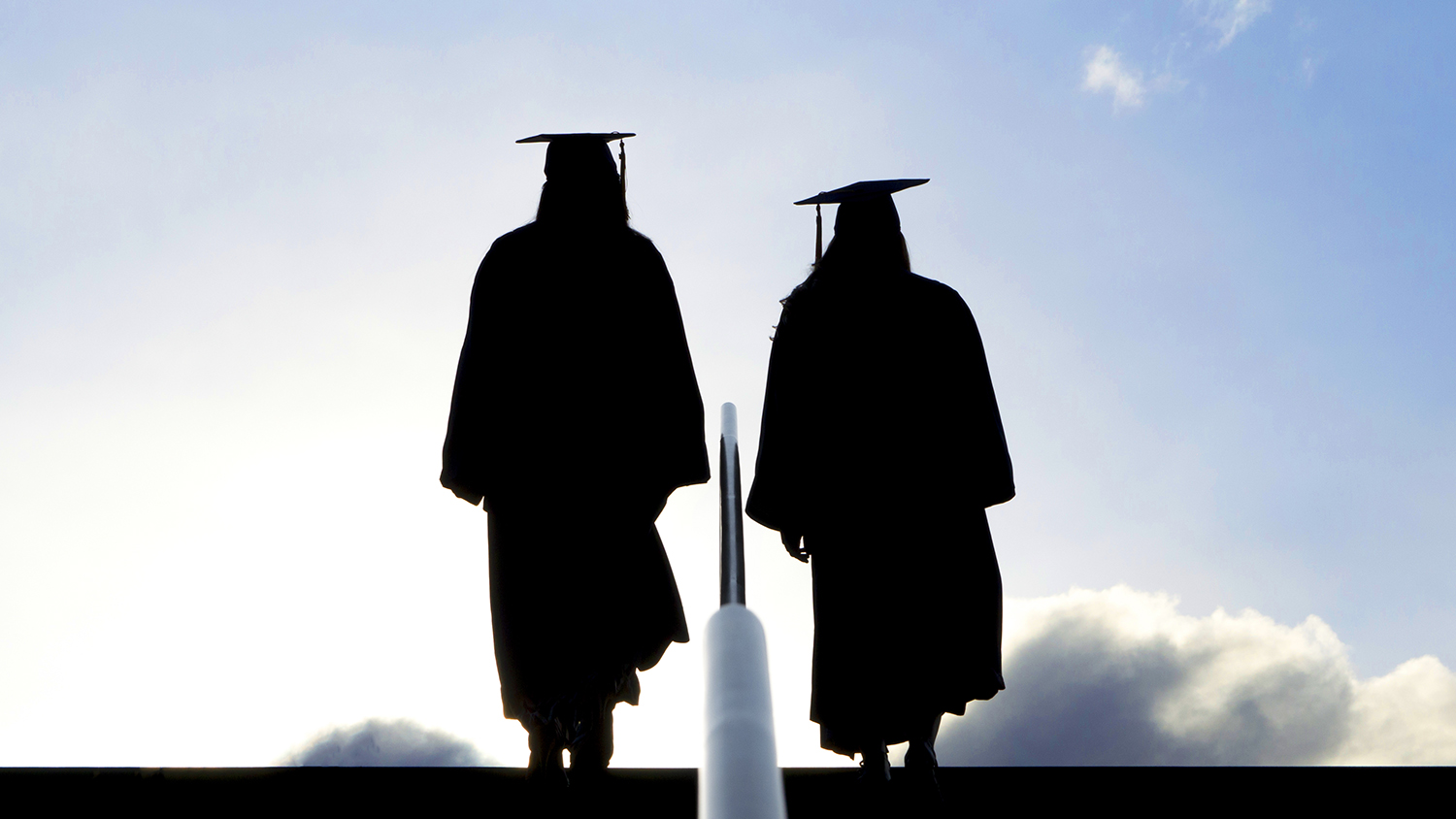Tackling Perceived Bias in Engineering Education

A team of NC State researchers is taking the lead in an effort to better understand and address perceived bias in engineering education programs across the country. The work is being done with funding from the National Science Foundation’s Directorate for Engineering.
One goal for the project is to develop a suite of best practices which can be implemented by universities to reduce perceived bias in graduate engineering programs, and possibly for other STEM graduate programs. Perceived bias refers to instances in which people feel they are being stigmatized in some way due to their race, gender, sexual orientation or religion.
Phase one of the project, which launches in 2018, involves interviewing a small group of graduate students from engineering programs across the United States. The interviews will focus on identifying ways in which students perceive bias in their graduate programs.
“We will then use the information gathered during these interviews to develop a phase two of the project: a survey that will be sent to a large, national sample of engineering graduate students,” says Cheryl Cass, co-principal investigator of the project and director of undergraduate programs in NC State’s Department of Materials Science and Engineering.
The goal of the survey is to collect nationally representative data on perceived bias, while also collecting sufficient data from under-represented groups to get an accurate assessment of their experiences.
“One thing we want to capture here is how perceived bias affects the development of engineering identity in graduate students,” Cass says. “Some previous studies suggest that self-identifying as an engineer can help engineering students persevere and succeed. We want to know if and how perceived bias influences this.”
“We’re really talking about intersectionality here, and the extent to which these students can incorporate engineering into how they view themselves,” says Mary Wyer, principal investigator of the project and an associate professor of psychology at NC State. “People are complex. How does engineering fit into one’s identity as a man, woman, straight, gay, white, black, Asian, Hispanic, Native American, or any combination of those or other characteristics?”
In 2020, the researchers will begin phase three of the project, which involves conducting another round of qualitative interviews with the students who were interviewed in phase one. The phase three interviews will address whether the national survey results resonate with the students, as well as what their experiences have been during the intervening two years.
Study participants will also be asked to record video diary entries when they experience bias, and submit those entries to the research team on a weekly basis.
“Going through all of this data, we will be looking for structural and organizational problems that may contribute to systemic bias,” says Matthew Bahnson, a psychology Ph.D. student who is working on the project.
“We will also be looking for opportunities, over the course of the project, to engage with engineering educators to get their feedback on what we are learning,” Wyer says.
“This may help us identify examples of large and small changes that can be made to help students of all kinds feel like they are on equal footing,” Bahnson says.
- Categories:


